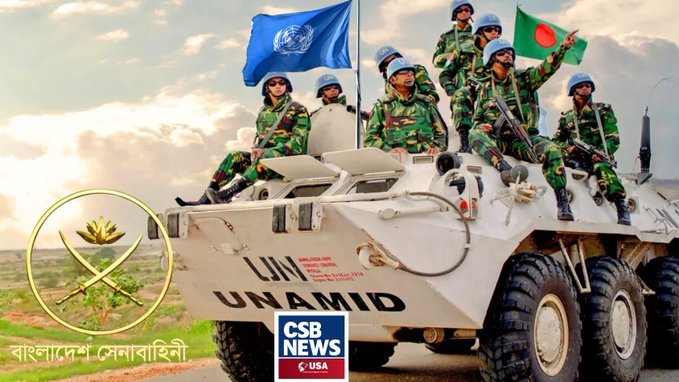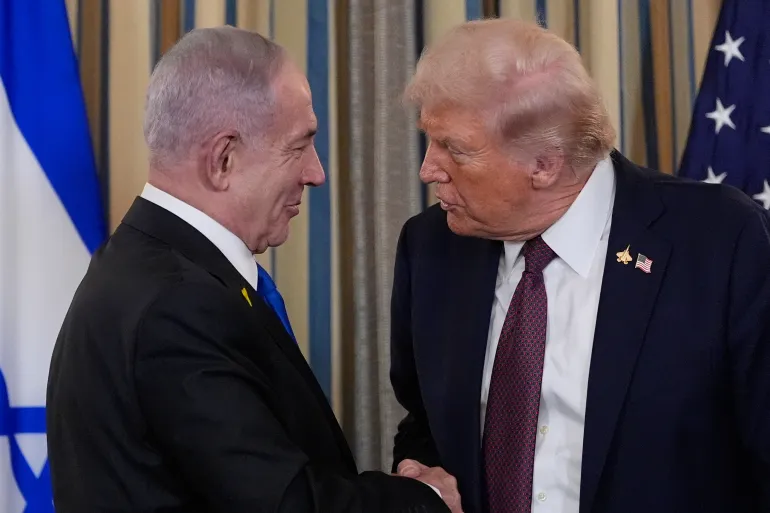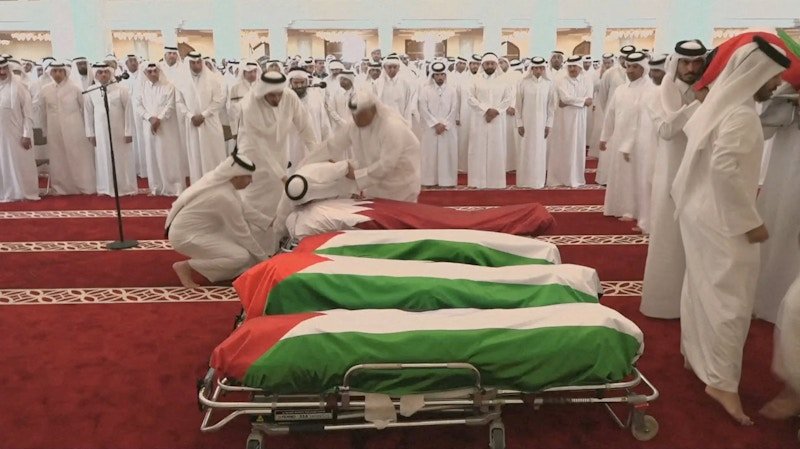UN Human Rights Commissioner Volker Turk: Many Casualties Could Have Been Avoided During the July-August Protests in Bangladesh if the Military Wasn't Warned About Peacekeeping Mission Participation
UN High Commissioner for Human Rights Volker Turk warned the Bangladesh military during the widespread student protests in July-August of last year. He stated that if the military took the path of suppressing the protests, the opportunity to participate in peacekeeping missions could be revoked.
This information was confirmed by Volker Turk to the British Broadcasting Corporation (BBC). He discussed the matter during an interview with journalist Stephen Sackur on BBC’s "Hardtalk."
Volker Turk said, "During the student protests in Bangladesh in July-August last year, I warned the military that if they took the path of suppressing the protests, they could lose the opportunity to participate in peacekeeping missions."
He also mentioned that this situation led to a change in Bangladesh and the formation of the Mohammad Yunus government.
In the BBC Hardtalk interview, he further added, "Had the military been allowed to take action, many casualties could have been avoided."
Following Turk's statements, many have raised questions about whether such an intervention by the UN directly impacted Bangladesh's sovereignty. Experts believe that the UN’s stance may seem like interference in Bangladesh’s internal affairs, which falls under the government's responsibility to maintain national security and law and order.
Meanwhile, on July 18, to restore law and order, the government imposed a curfew, leaving the civilian administration to deal with the chaos and instability without military assistance. According to many, Turk’s warning actively discouraged the military from assisting in controlling the situation, leading to many casualties.










